School Guide
Main Features
Well-developed learning environment and support system
- History and achievements celebrating 20th anniversary
Utilizing the know-how accumulated in the field of education since its establishment in 1998, Soken Gakuen established a Japanese language school in 2005, and will celebrate its 20th anniversary in 2025.
Based on the trust and achievements built up over our history, we provide high quality Japanese language education. - Selected as Appropriate School (class I)
As a school corporation, our school is notified by the Ministry of Justice and received a high rating of Appropriate School Class I by the Immigration and Immigration Agency in 2024.
- Improve your Japanese language skills by interacting with Japanese students
There are many Japanese students enrolled in our school, and students can learn natural Japanese through interaction with other students.
Students can acquire practical Japanese language skills that can be used in various situations as well as in daily conversation. - Our diverse course offerings support your goals.
We offer a variety of courses, including 2-year, 1-year 6-month, and 1-year courses. We offer classes corresponding to the Examination for Japanese University Admission for International Students (EJU) and the Japanese Language Proficiency Test (JLPT) for those who wish to enter universities, graduate schools, or vocational schools in Japan.
- High Acceptance Rate and Academic Achievements
Our qualified teachers provide high quality Japanese language education.
The school boasts a high pass rate on the Japanese Language Proficiency Test (JLPT) and a good track record in entering universities and graduate schools. - Benefits unique to a school corporation
As a school corporation, student discounts are available for transportation services such as JR and Sapporo City Subway. This reduces your financial burden and allows you to live your life as a foreign student with peace of mind.
- Support for safe housing
We also introduce apartments near the school, so you can start a new life without the hassle of finding housing (about 35,000 to 40,000 yen per month).
- Unique annexed school that also offers a path to becoming a nurse
Our school has Japan's only governor-approved preparatory school specializing in nursing and medical careers.
After graduating from the Japanese language program, students can obtain a nursing license and find employment in Japanese hospitals.
Students aiming to become nationally qualified nurses can be recommended to take the entrance exam for nursing school if they have an attendance rate of 90% or more while enrolled and pass the N2 level of the Japanese Language Proficiency Test.
Location
- Excellent accessibility
The nearest station is Kita 18-jo Station, which is just a 6-minutes from Sapporo Station on the subway.
It is only 5-minute walk from the station, making it convenient for commuting to school. - A unique environment in an educational district
It is located in an educational district where many schools, including Hokkaido University, are located.
Students can concentrate on their studies in a quiet and safe environment.
Universities and graduate schools you can enter
Examples of public universities and graduate schools (in Hokkaido)
- Hokkaido University and Graduate Schools (Letters, Education, Law, Economics, Medicine, Dentistry, Pharmacy, Engineering, Agriculture, Veterinary Medicine)
- Hokkaido University of Education and Graduate Schools (School Teacher Training Course, School Nurse Teacher Training Course, Art and Culture Course, International Understanding Education Course, Regional Environmental Education Course)
- Otaru University of Commerce and Graduate School (Commerce)
- Sapporo Medical University and Graduate School (Medicine, Faculty of Health Sciences)
Examples of private universities and graduate schools (in Hokkaido)
- Hokkai-Gakuen University and graduate schools (Economics, Business Administration, law, Humanities, Engineering)
- Hokkaido University of Science
- Hokkaido Tokai University and Graduate Schools (International Cultural Studies, Faculty of Engineering, Faculty of Art and Design)
- Sapporo University and Graduate Schools (Economics, Faculty of Business Administration, Faculty of Foreign Languages, Faculty of Law, Faculty of Culture)
- Sapporo Gakuin University and Graduate Schools (Economics and Business Administration, Humanities, Law, Psychology)
- Fuji Women’s University and Graduate Schools (Letters, Human Life)
- Hokusei Gakuen University and Graduate Schools (Letters, Economics, Social Welfare)
- Tenshi University and Graduate School (School of Nursing and Nutrition)
- Sapporo International University and Graduate Schools (Tourism, Humanities, Sociology)
- Hokusho University and Graduate Schools (Human Welfare, Lifelong Learning Systems)
- Hokkaido Information University and Graduate Schools (Management and Information Sciences, Information Media)
- Rakuno Gakuen University and Graduate Schools (Dairy Farming, Veterinary Medicine, Environmental Systems)
- Hokkaido Bunkyo University and Graduate Schools (Foreign Languages and Human Sciences)
- Health Science University of Hokkaido and Graduate Schools (Psychological Science, Nursing and Social Work, Pharmacy, Dentistry)
- Seisa Dohto University (School of Social Welfare, School of Fine Arts, School of Business Administration)
- Chitose Institute of Science and Technology (Photochemistry Department, Business Administration Department)
- Nursing school (3-year course)
Staff Introduction
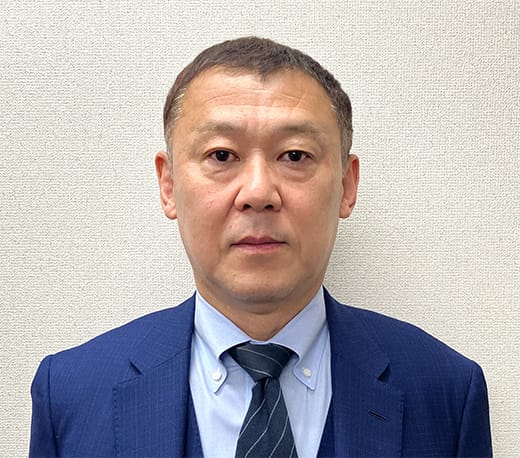
Minoru Imai, Head director of SJC
Our school has a very high rate of graduates moving on to higher education each year.
We sincerely look forward to your enrollment in our school, which offers a homelike and blessed learning environment.
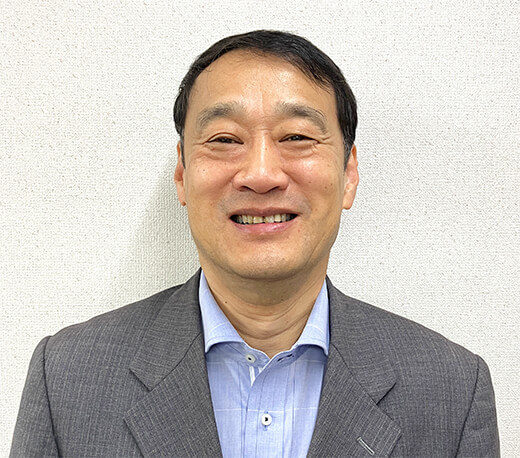
Liu Shao Ying, Chief of SJC
We provide support for your daily life so that you can study with peace of mind.
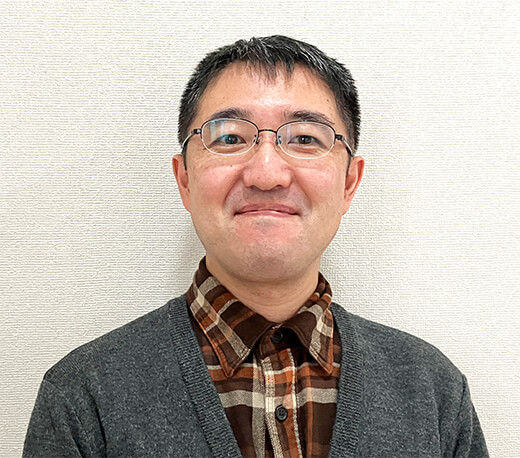
Shuichi Tada, Academic Dean of SJC
Our school offers classes based on the curriculum that will help you achieve your learning goals. We will support you to make your study abroad experience enjoyable and fulfilling.
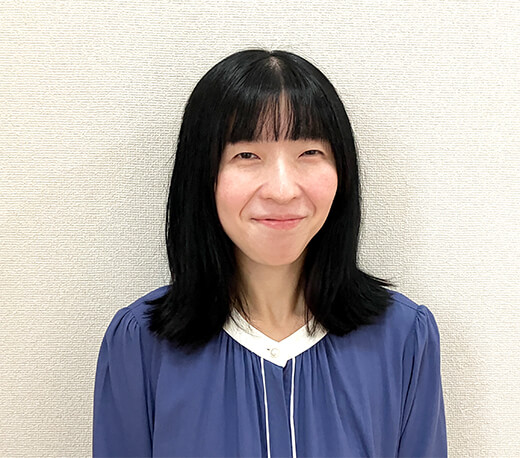
Risa Furumido, Full-time Lecturer
What do you want to do with Japanese?
Reading manga in Japanese, working in Japan, going to school in Japan...
We will help you with your dreams and goals.
Students' Comments
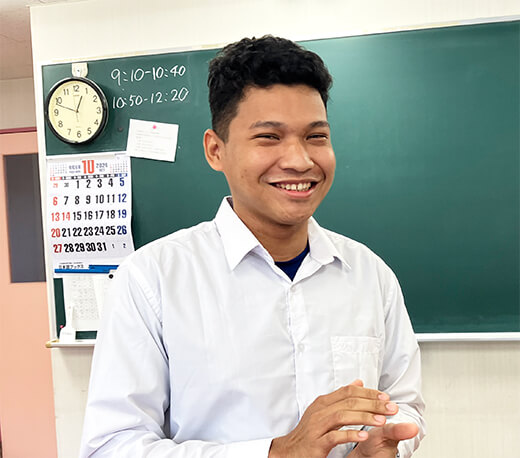
AUNG MYO MYAT(From Myanmar)
I would like to make use of what I have learned for myself and my country after graduating from a Japanese language school and university.
- Q1: What are the good and bad points of living in Japan?
- The city and nature are beautiful. I was surprised at first that it was colder than in Myanmar, but I was very impressed when I saw the snow!
- Q2: What do you think of the classes and what are you doing well in your Japanese studies?
- Kanji in Japanese is difficult, but it is interesting to study them because each one has its own meaning. I try to talk a lot with Japanese people every day.
- Q3: My dream for the future
- I love Japanese cars, so I would like to work in the automotive industry.
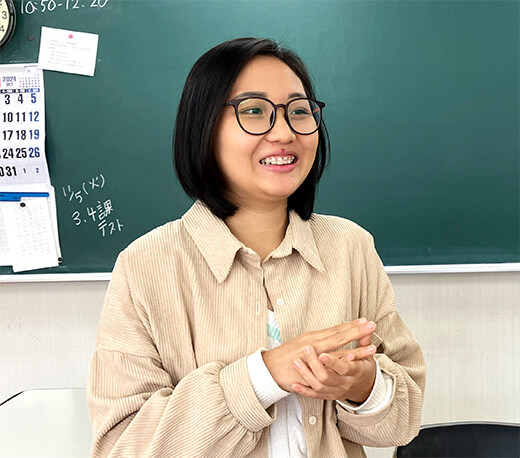
AYE MOHT MOHT PHYU(From Myanmar)
I want to become a better Japanese speaker. I am looking forward to the snowy Sapporo winter!
- Q1: Good and bad points of life in Japan
- Many Japanese people ask me, “Do you have any trouble?” Everyone around me is very kind and helpful. It is still difficult to express my feelings in Japanese.
- Q2: What do you think of the classes and what are you doing to study Japanese?
- I study Japanese everyday on YouTube and podcasts. When I see Japanese advertisements and find a word I don't understand, I try to look it up.
- Q3: Dreams for the future
- I want to become an English teacher in the future, so I am studying English as well as Japanese!
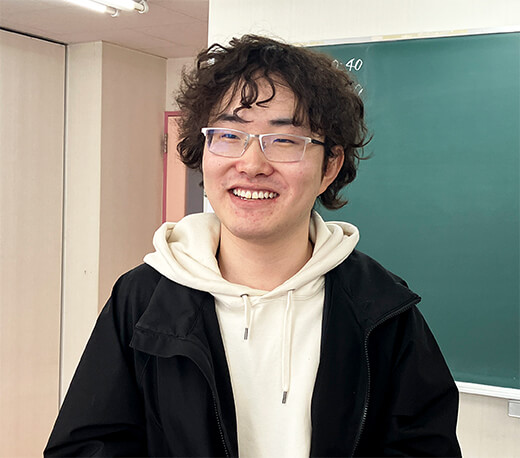
NAN DI (from China)
I am into cooking at home with my part time job experience. Most recently, I made pancakes!
- Q1: What are the good and bad points of living in Japan?
- I have made friends with Japanese and international students of the same generation, and we go out to many places. Everyone is very kind.
- Q2: What do you think of the classes and what you are doing well in your Japanese studies?
- I can improve my Japanese language skills under the kind guidance of the teachers, and I enjoy the events and other activities that we can all enjoy together.
- Q3: Dreams for the future
- I want to study media, which is my interest, at graduate school and then find a job in Japan.
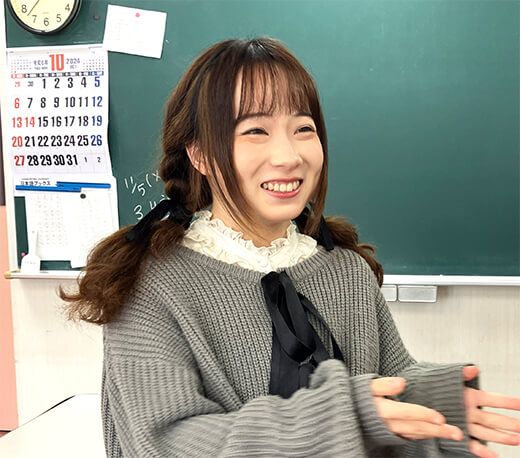
ZHAO JIA (from China)
I love reading Japanese manga and novels. I like dressing up,so I also enjoy shopping for clothes.
- Q1: Good and bad points of life in Japan
- In Japan, social rules are followed and you can live in peace. However, I am troubled by the high cost of living...
- Q2: What do you think of the classes and what you are doing well in your Japanese studies?
- The school has a good curriculum and the teachers are always energetic. Comprehensive support for everyday life is also available.
- Q3: Dreams for the future
- I would like to go on to graduate school, and after graduation I want to become an international guide and work in the tourism industry.
Photo Galleries












(at a Chinese restaurant)
